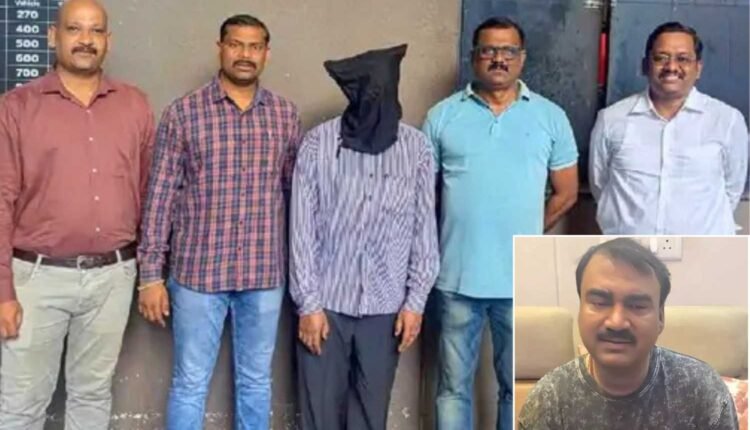Hyderabad: A false terror message during the Ganesh festival once again revealed how easily hoaxes can strain India’s security systems. The Mumbai case ended with the arrest of 50-year-old Ashwin Kumar Supra from Noida. However, it raised serious concerns about the misuse of communication technology.
Supra, a native of Patna, had lived in Noida for five years. On Thursday night, he sent a WhatsApp message to Mumbai police. He claimed 14 terrorists had entered the city with 400 kg of RDX in 34 vehicles. He warned the attack could kill one crore people.
As a result, Mumbai police declared a high alert. They mobilised the Crime Branch and also involved the Anti-Terrorism Squad. Other agencies joined the effort as well. Investigators later traced the message to Noida and arrested Supra from a housing society in Sector 79.
Mumbai terror hoax highlights risks of malicious false alarms
Police seized his phone, SIM cards, and digital storage devices. During interrogation, Supra admitted he acted out of personal revenge. He said he had spent three months in Patna jail in 2023 in a fraud case filed by a man named Firoz. To retaliate, he sent the hoax message in Firoz’s name.
Although the motive appeared personal, officials stressed the high cost of such hoaxes. Moreover, analysts warned that fake threats during festivals can weaken preparedness, divert manpower, and spread panic among citizens.

